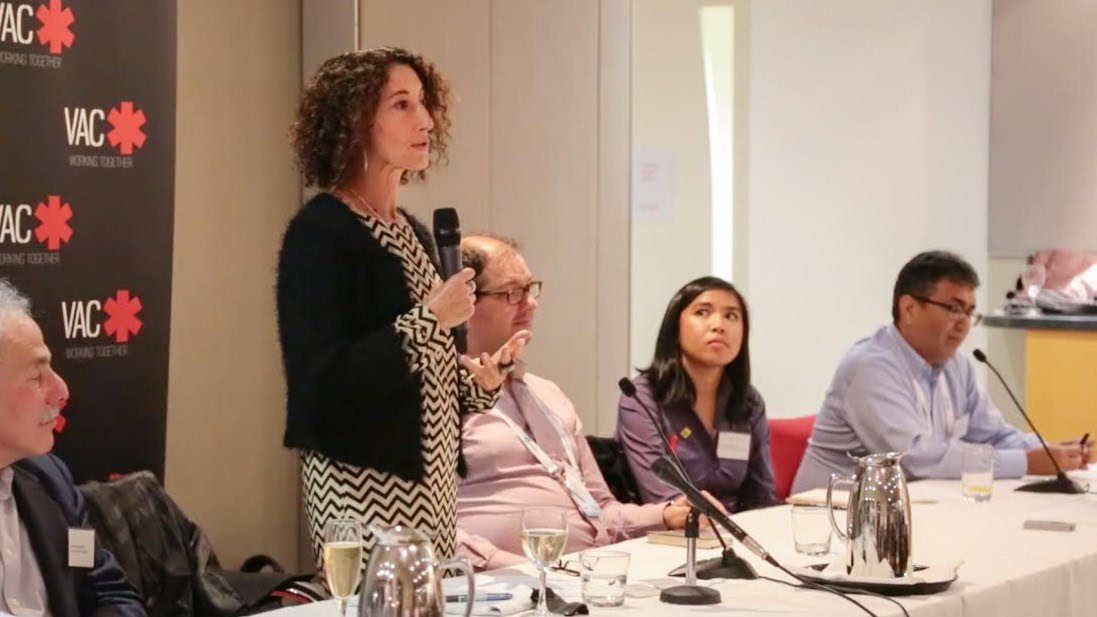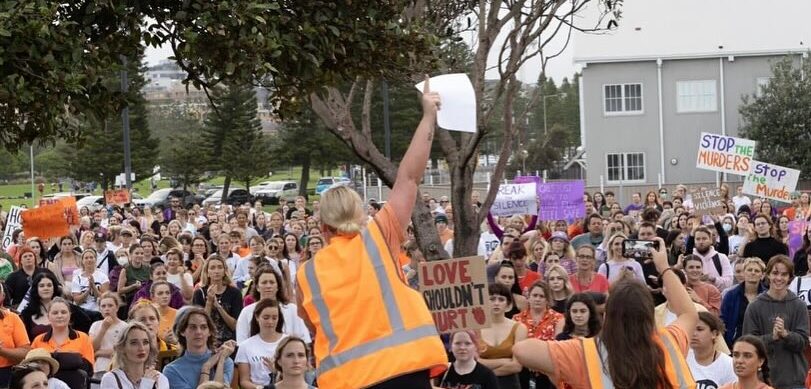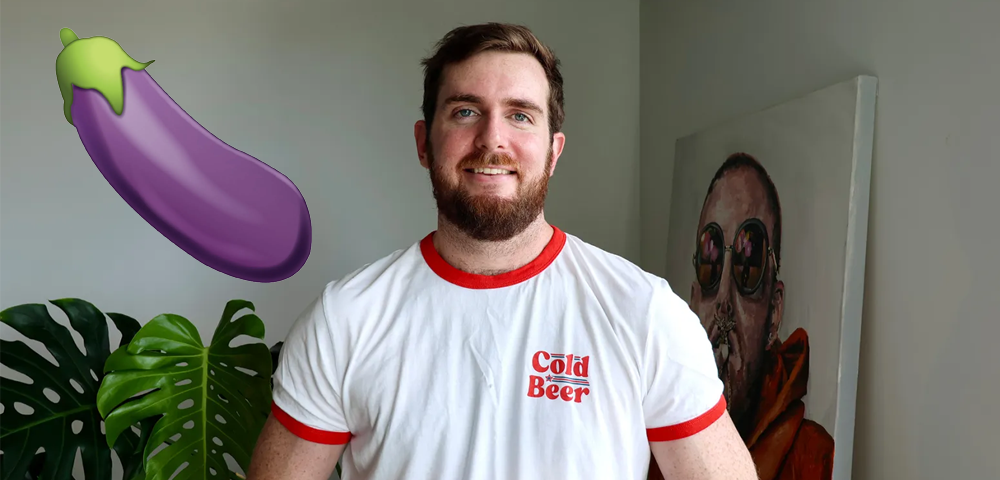
AIDS 2014: PrEP forum urges complex debate over simplistic moralising

WHILE from the outside, positions on PrEP in the US seem to have largely crystallised into a polarised and often-aggressive debate, a forum held in Melbourne as part of the International AIDS Conference has offered hope for more complex and constructive discussion in Australia.
The forum from the Victorian AIDS Council and the San Francisco AIDS Foundation brought together an international panel of HIV researchers and advocates to discuss the controversial pre-exposure prophylaxis (PrEP) as trials begin in Victorian and NSW.
Studies have shown PrEP can dramatically reduce the risk of HIV infection, by over 90 per cent if used effectively.
The promise of public discussion on the hot-button issue brought Melbourne’s gay community out in force, with AIDS 2014 conference delegates filling out the packed room.
Although the Australian trials are only in the very early stages, many in the crowd offered opinions and anecdotes on PrEP before the panel discussion.
Some claimed they had already seen men on gay hookup apps “advertising” they were on PrEP and ready for bareback sex and others were apprehensive about stories out of the US of severe side effects, but few could point to evidence for their emotive claims.
Despite this pre-forum audience discussion, panellists questioned whether the debate over PrEP was as polarised between “whores” and “prudes” as some might suggest.
John De Wit from the Centre of Social Research in Health at UNSW said that while he is cautiously supportive, the picture was more complex than such a binary characterisation.
“My main issue around this binary is that the notion is rather artificial, in several senses, and I think the most personal one is that it’s not as if there is one camp of people thinking one thing and another camp of people thinking another,” he said.
“If you’re like me you might think many of those things at one time.”
Peter Aggleton, also from UNSW, agreed. He also said the binary nature of the PrEP debate would likely end in a more complex conclusion than that it is “good” or “bad”.
“I suspect that in 10 years’ time we’ll probably be here and we’ll conclude that it is useful to some people in some contexts, some of the time… who, when and where is the matter for some discussion,” Aggleton said.
He highlighted the importance of acknowledging the breadth of opinion on PrEP in the community, and said there was a risk of some men not being considered “authentically” gay if they did not fit a certain image of someone who could most benefit from PrEP.
Researcher at the US’s Fenway Institute Kenneth Mayer echoed the World Health Organisation’s recommendation of PrEP for at-risk communities by calling it part of a “toolkit” for sexual health.
“We need to frame this not as an issue that has moralistic tones of promiscuity as much trying to think of effective ways that people have, tools at their disposal to take care of their health,” he said.
Mayer also argued people may not want to take PrEP their entire lives, but could consider it an option at any stage.
Anthropologist Judith Auerbach from the University of California said there were a whole range of positive and negative possibilities arising from PrEP that needed to be acknowledged.
She also argued much of this debate was already familiar to women, and drew parallels between the “Truvada whore” controversy in the US and women in the early days of the oral contraceptive pill being branded promiscuous for being prepared for sex.
While panellists did not give too much weight to the idea that PrEP could result in much lower condom use by gay men, concerns were raised about PrEP use by injecting drug users. Advocacy groups in Thailand, for example, have worried PrEP could be seen as a substitute for state-delivered harm-reduction programs for injecting drug users.
After the panel the floor was opened to questions, which largely came from people working in the HIV and broader health sectors.
Moderator and director of health promotion at the Victorian AIDS Council Colin Batrouney said while the community discussion around PrEP was only in the very early stages, future public forums would hopefully include more engagement from a breadth of people within the gay community.









